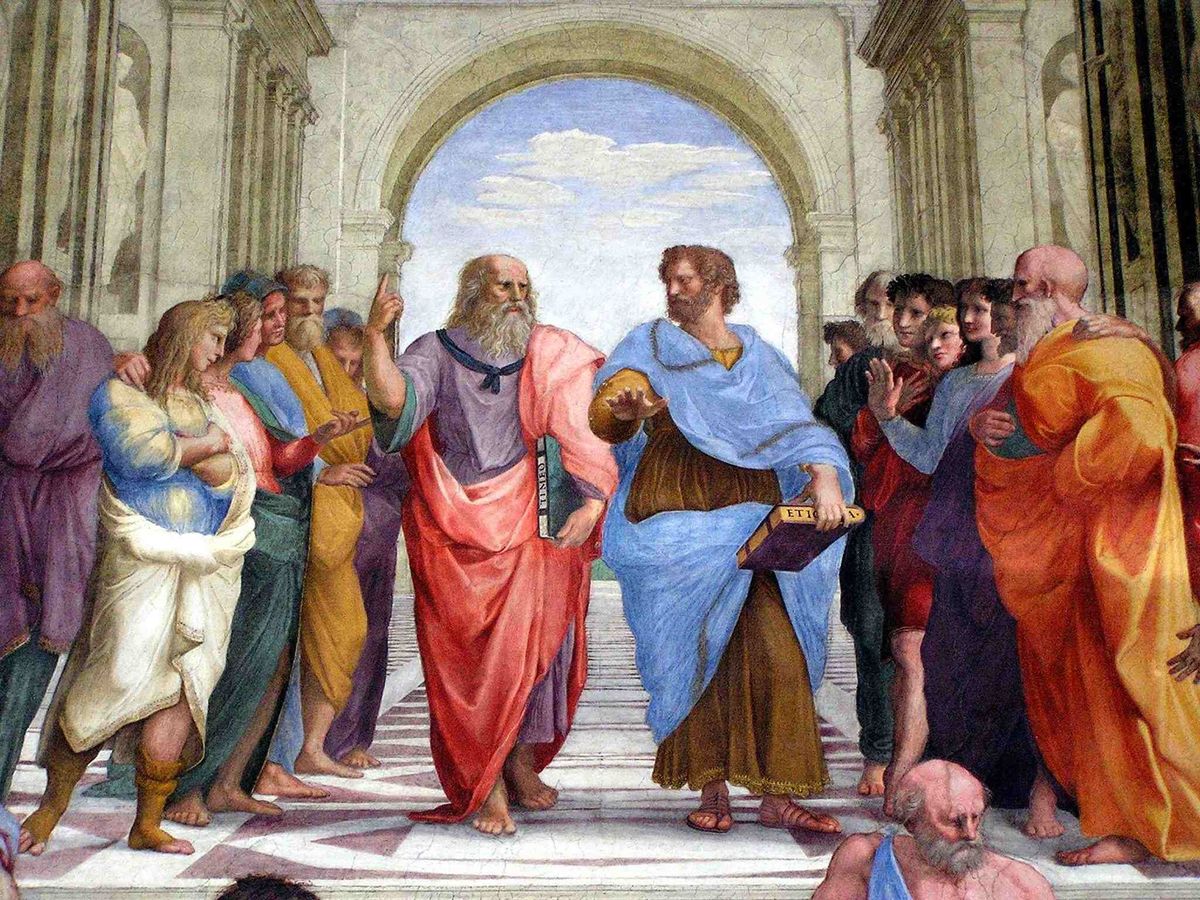Taking a step backward to move forward

Plato had a strong intuition, but he did not turn it into a rational way to define concepts. Aristotle settled for a way to describe objects. Geneosophy deals with concepts.

Plato had a strong intuition, but he did not turn it into a rational way to define concepts. Aristotle settled for a way to describe objects. Geneosophy deals with concepts.

Excel didn’t kill accountants; it gave them better tools. Yet, with AI, we’ve abandoned this logic in favor of a collective fantasy. We’re treating a sophisticated calculator as a human replacement rather than a human multiplier. The reason for this shift is the "2-to-5-year" horizon.

We assume intelligence is computable not because we’ve proven it, but because we’ve lost the ability to conceptualize it any other way. We are no longer using computation to model reality; we are forcing reality to fit the model. * Alex: Senior engineer at a leading AI lab, 15

We often hear that AI is on the verge of doing "every job that requires intelligence." But what if we’re fundamentally misunderstanding what "intelligence" actually is? Here is a debate between Marcus, a tech entrepreneur invested heavily in the AI boom, and Dr. Sofia Chen,

Why Computation Can Simulate the Past, but Never Generate the Living Present The Illusion of Time in Software When you watch a video game character run across a screen, witness a real-time stock ticker update, or see a physics simulation unfold, you're experiencing what appears to be continuous,